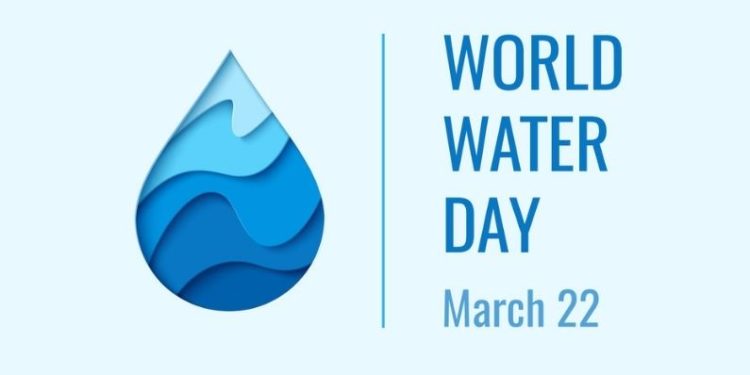World Water Day is celebrated on March 22, each year, to raise awareness of people living without access to safe water. It is about taking action to tackle the global water crisis and achieving Sustainable Development Goal 6: which is water and sanitation for all by 2030.
According to the UNESCO, an estimated 3.6 billion people worldwide live in areas that are potentially water scarce at least one month per year. It is projected to reach between 4.8 and 5.7 billion people by 2050, creating a huge competition among water users and across political boundaries.
In Ghana, the uncontrolled activities of galamsey are adversely affecting water bodies, vegetation, wild animals, human health, and safety a situation that raises concerns over the achievement of the SDG goal 6. Even though there have been numerous efforts by successive government to control the situation, must have not been achieved.
Dr. Ebo Duncan is water and environmental quality consultant and a lecturer with the department of water and sanitation at the University of Cape Coast. To him for Ghana to make headway and contribute to the global target of achieving SDG 6 approaches implemented to resolve galamsey operations in the country should be reviewed.
“If we really value our water resources as we claim to do, then we will look at the issue of galamsey critically because we are imparting too much n negativity into our water bodies to the extent that at a point in time some of the treatment plants would have to be shut down because the quality of water coming was very bad and couldn’t have been treated. It is not an individual or government’s issue, it is a collective effort but if you want to convince somebody to stop what he is doing, it should not be by force. Trying to involve them through participation and discussion with their chiefs would have been the best. It is a good thing that we wanted to stop it but the mode of solving it was not the best”, he remarked.
Over the past four decades, the international community, principally through United Nations policy-making processes, has been concerned with unsafe water and sanitation, and the challenges arising from growing demands on the world’s water resources to meet human, economic and environmental needs. Unfortunately, fundamental detachments between water management and international policy remain prevalent which informed the theme for World Water Day 2021 dubbed Valuing Water to address issues beyond pricing, and including the environmental, social and cultural value people place on water.
Speaking on the significance of the theme, Dr. Duncan indicated that valuing water is critical to its sustainability.
“With the two-thirds of earth’s surface been covered by water, only 2.5% of that volume is available as fresh water .all the others are locked up in the oceans. If it’s for use then it is for transport purposes. And 20% is located in areas that are not accessible by man. And so if we don’t value water and accord the necessary protection to it, we will be deceived .And the volume is not evenly distributed and we need to find ways of managing it in such a way that those who have it in excess can in a way help those who do not have it .And that is why we need to look at its value and sustainability”, he further disclosed.
The 2030 Agenda for Sustainable Development describes a trajectory for global development where the entire suite of goals constitutes a pathway to ‘transforming our world’ in order to reach the future we want whilst leaving no one behind. Water is essential for basic human needs, as described in the SDGs on the human rights to water and sanitation for all.
SOURCE: ATLFMNEWS/EBENEZER ADU ASARE

























